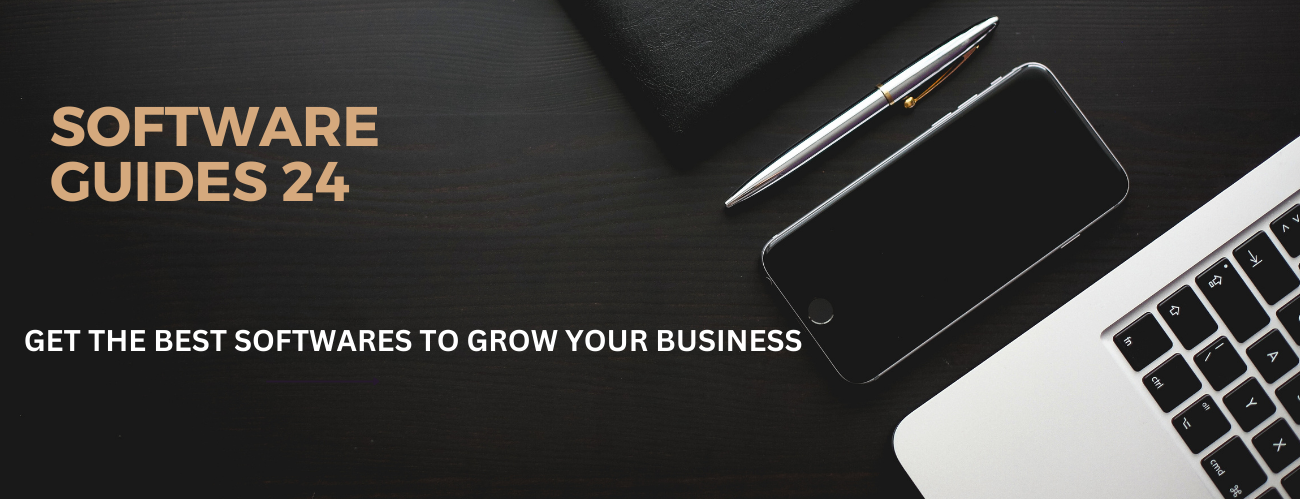How to Start a Business with No Money

How to Start a Business with No Money Is it Possible?
Think starting a business without money is impossible? Think again! Some of the most successful entrepreneurs began their journeys with little to no capital, relying instead on their creativity, determination, and resourcefulness. This article will walk you through actionable steps to build your dream business without spending a dime upfront.
Assessing Your Business Idea
Identifying Skills and Talents
Every business begins with an idea. Look inward—what are your skills, talents, and passions? Whether you’re a talented writer, a crafty DIY expert, or a savvy problem solver, your unique skills can form the foundation of your business. Start by listing your strengths and brainstorming ways they could solve real-world problems. For instance, if you’re great at social media, consider offering consultancy services to small businesses.
Validating Your Idea
Next, confirm there’s a demand for your idea. Conduct market research by utilizing free tools like Google Trends, Reddit, or social media polls. Engage with potential customers directly to understand their needs. Validation helps ensure that your idea isn’t just creative but also commercially viable.
Utilizing Free Resources
Free Online Tools and Platforms
The internet is your best friend when you’re starting without money. Use free platforms like WordPress or Wix to create a simple website. Tools like Canva for design, Trello for project management, and Google Workspace for collaboration make running your business seamless at no cost.
Leveraging Social Media
Social media platforms like Instagram, Facebook, and LinkedIn are goldmines for building a brand. Consistently post high-quality content that resonates with your audience, engage in meaningful conversations, and leverage hashtags to increase visibility—all for free!
Community Resources and Networking
Local libraries, coworking spaces, and meetups are underrated yet invaluable. Libraries often have free resources for entrepreneurs, including books, courses, and computers. Attend networking events to build relationships with like-minded individuals who can offer guidance or even partner with you.
Starting with a Lean Approach
The Lean Startup Method
The lean startup method involves starting small and refining your product based on feedback. Instead of building a perfect product, focus on creating a minimum viable product (MVP) that meets the basic needs of your target audience.
Building Without Inventory
Not all businesses need upfront investment in inventory. Consider business models like dropshipping, where suppliers handle stock and shipping. Alternatively, affiliate marketing and print-on-demand are excellent ways to start earning without holding physical products.
Creative Funding Strategies
Bartering and Skill Swaps
Who says cash is the only currency? Bartering lets you exchange your services for resources or skills you need. For instance, if you’re a graphic designer, you could trade your skills for website development or legal services.
Crowdfunding Platforms
Platforms like Kickstarter or GoFundMe let you pitch your idea to the masses. Craft a compelling story, add visuals, and offer attractive rewards to backers to kickstart your business.
Bootstrap Your Way
Bootstrapping means using your existing resources wisely. Reinvent your cash flow strategy by reinvesting any initial revenue back into your business for steady growth.
Low-Cost Marketing Techniques
Content Marketing
Content marketing is a powerhouse for businesses with no budget. Start by creating valuable, shareable content that resonates with your audience. Whether it’s blogging, podcasting, or creating YouTube videos, these platforms allow you to showcase your expertise while driving organic traffic. Write blog posts answering common questions, create tutorials, or share inspiring stories relevant to your niche.
Email Marketing
Email marketing remains one of the most cost-effective marketing strategies. Start by collecting email addresses through a free newsletter or lead magnet, such as an eBook or a cheat sheet. Use free email marketing tools like Mailchimp to manage your campaigns. Regularly update your subscribers with valuable insights, special offers, or company news.
Collaborations and Partnerships
Team up with other small businesses or influencers in your niche. Partnerships can expand your reach while sharing resources. For example, co-host a webinar, run a joint social media giveaway, or cross-promote each other’s products.
Monetizing Your Business Quickly
Generating Quick Revenue Streams
The faster you can generate revenue, the quicker you can reinvest in your business. Start by offering high-demand services such as consulting, freelance writing, or virtual assistance. Workshops, webinars, or online courses are also excellent ways to monetize your expertise.
Testing Pricing Models
Experimenting with different pricing strategies helps determine what works best for your audience. Start with introductory offers to attract early customers. Gather feedback and adjust your pricing based on perceived value and demand.
Building a Scalable Model
Automating Tasks
As your business grows, time management becomes critical. Use free or low-cost automation tools to handle repetitive tasks. Tools like Zapier, Buffer, and Hootsuite can streamline workflows, from social media posting to email follow-ups, saving you precious time.
Outsourcing When Necessary
Outsourcing doesn’t have to break the bank. Platforms like Fiverr and Upwork connect you with freelancers who can handle tasks such as graphic design, content writing, or customer service at affordable rates. This approach lets you focus on growing your business while delegating the rest.
Overcoming Challenges
Addressing Financial Barriers
Starting with no money means getting creative with your resources. Opt for free or pay-as-you-go services, barter for essentials, or negotiate flexible payment terms with suppliers. Maintaining a resourceful mindset ensures you can overcome financial hurdles.
Managing Time Effectively
Time is one of your most valuable resources. Prioritize tasks that directly contribute to revenue generation or customer satisfaction. Use productivity tools like Asana or Notion to stay organized, and establish a routine to avoid burnout.
Case Studies
Numerous entrepreneurs have built thriving businesses with little to no money. Consider Sarah, who launched a digital marketing agency using free tools and social media to attract clients. Another example is John, who started a print-on-demand store with no inventory, relying on platforms like Printful and Etsy. These stories prove that with determination and resourcefulness, success is achievable.
Conclusion
Starting a business with no money is challenging but entirely possible. By leveraging your skills, utilizing free resources, and adopting creative strategies, you can transform a dream into reality. Remember, the journey requires persistence, adaptability, and a willingness to learn. Begin today, and take the first step toward building a business that reflects your passion and potential.
FAQs
1. Can I start a business with no money?
Yes, many successful businesses have been started with zero capital. The key lies in leveraging free resources, building strategic partnerships, and focusing on low-cost, high-impact strategies.
2. What types of businesses are easiest to start with no funds?
Service-based businesses like consulting, freelancing, or tutoring are the easiest since they rely primarily on your skills and time rather than inventory or equipment.
3. How can I market my business without a budget?
Focus on content marketing, social media engagement, and networking. Building a strong online presence through valuable, shareable content can drive organic growth.
4. What are some common mistakes to avoid?
Avoid overspending, neglecting market research, and attempting to do everything yourself. Instead, prioritize tasks and use free tools and resources to optimize your efforts.
5. What is the most important mindset for starting a business without money?
Resourcefulness, resilience, and a problem-solving attitude are crucial. Embrace challenges as opportunities to innovate and learn.



